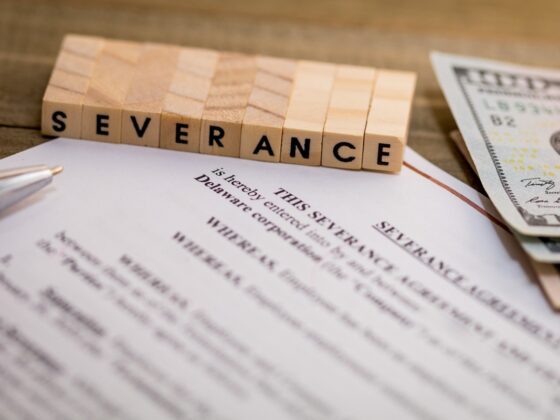Since the start of the pandemic, career breaks have never been more common. Coupled with a tight labor market, career breaks have also never been more acceptable to employers. This is great news for many, including those that have taken a break that had nothing to do with the pandemic — full time parenting, elder care, extended unemployment, travel, etc. So how do you reflect your career break on a resume? Here are some dos and don’ts.
DO
- Take a direct approach. Last year, LinkedIn added a “Career Break” selection to Experience — a clear indicator that career breaks are more typical and accepted than ever. Once unheard of, candidates are now putting their career break and a brief description right on their resume.
- For extended breaks, put substantive professional activities, such as consulting projects and nonprofit boards, in the experience section of your resume. So what counts as substantive? First, the activity should be relevant to the job you seek. Second, if an interviewer were to ask probing questions about the activity — about your work , impact and results — be confident you have enough to talk about, even if the organization is a small one. Unpaid work can still satisfy both of these criteria.
- Use years (2020–2021) for your experience dates instead of months and years (July 2020–January 2021). No one cares about that level of granularity, and it can help smooth out your timeline.
DON’T
- Use “filler” experience. Don’t feel compelled to close the experience gap with activities that were not substantive (see DO #2). This is especially true for people unemployed for less than a year. You can end up complicating what would otherwise be a straightforward situation. For example, indicating that you’ve started your own independent consulting firm after recently being laid off might concern a potential employer about your true career goals and/or conflicts of interest.
- Default to a functional or skills resume. It looks like you’re trying to hide something.
- Expect your resume to stand alone. Your resume is just one part of your portfolio of marketing materials. If you have been on a ten-year career break, it would be difficult to send resumes around expecting to immediately pick up where you left off. You will need to tell your story and reconnect with those who know your talent and capabilities. If you’re feeling daunted by the networking process, come talk to us!
We understand that every career break is different. If you have questions about how to represent your unique journey on your resume, Alumni Career Services is here to help. Email alumnicareerservices@darden.virginia.edu to set up a consultation.





